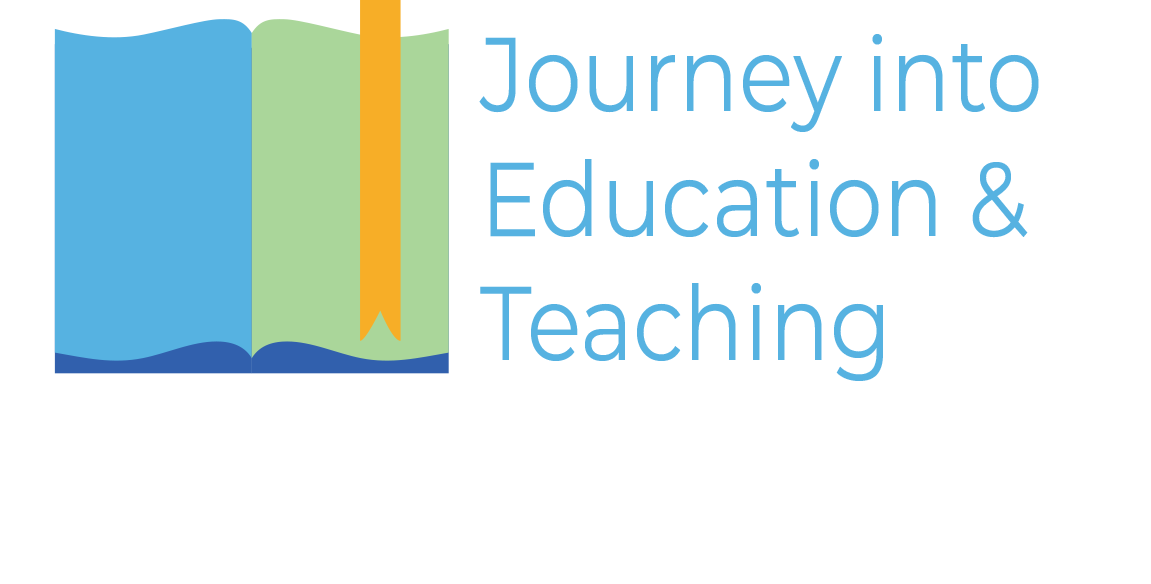Teacher Shortage and the Value of Non-Traditional Routes
We are excited to announce that the application is now open for the new 2023-2024 cohort of Journey into Education and Teaching (JET) Scholars. We welcome paraprofessionals without Bachelor’s degrees who work in any of our partner school districts to apply now, using this link. Read on to learn more about the challenges that JET seeks to address through our innovative community teacher pipeline program.
As society faces a rise in systemic challenges in teacher recruitment and retention, the value of alternate pipelines to becoming an educator is important. With the teacher shortage, schools are in desperate need of filling in critical roles in teaching. However, not enough of our population is equipped with the skill sets and knowledge required to teach. This is why looking toward various non-traditional routes to gain licensure, such as our program here at JET, is so critical. Paraeducators, who already have a passion for education and ample experience working with students in the classroom setting, are ideal candidates for teaching positions, but many lack the official credentials needed to do so.
Non-traditional pathways like the JET Program may be beneficial for paraprofessionals in terms of efficiency toward practicing their passion for teaching. The non-traditional route, in which JET Scholars remain working as paraeducators while attending school part-time, is both time and cost-effective. This can be highly important for individuals who cannot take time off from work to attend college full-time and have multiple commitments in their daily life. With this flexibility, it is more feasible to obtain a bachelor’s degree and teaching license through this alternative pathway.
On top of the efficiency of a non-traditional pathway toward teaching licensure, these programs make college easier to navigate for non-traditional students, as everything is laid out with a clear objective. The support provided by program staff leads to fewer miscommunications in terms of papers, documents, and administrative requirements. Small cohort communities often allow for more connectedness to all stakeholders involved, creating supportive professional relationships throughout this journey. The paraprofessionals also have mentor support and 1:1 meetings for progress check-ins to stay on track during this experience. Aside from the support provided by mentors and JET staff, they will be able to connect with their cohort-mates, making this a collective journey rather than a solo one as everyone shares similar interests and passions while exploring teaching with different experiences.
Non-traditional pathways also allow for promotion of greater diversity, which will be beneficial for students, who will hear about their teacher’s inspirational journey. In doing so, sharing their experience can possibly be a helpful tool in discussing inequities to students in education in order to dismantle injustices in educational systems through diversification of the teacher workforce. Ultimately, the non-traditional pathway to teaching serves many benefits that may be impactful for promoting sustainable engagement in the education system. This opportunity to become an educator is equitable as it is accessible to all people including those in underrepresented groups. In collaboration with urban school districts, this community-based teacher pipeline to diversify the educator workforce remains sustainable and addresses the dire need to combat the teacher shortage.

